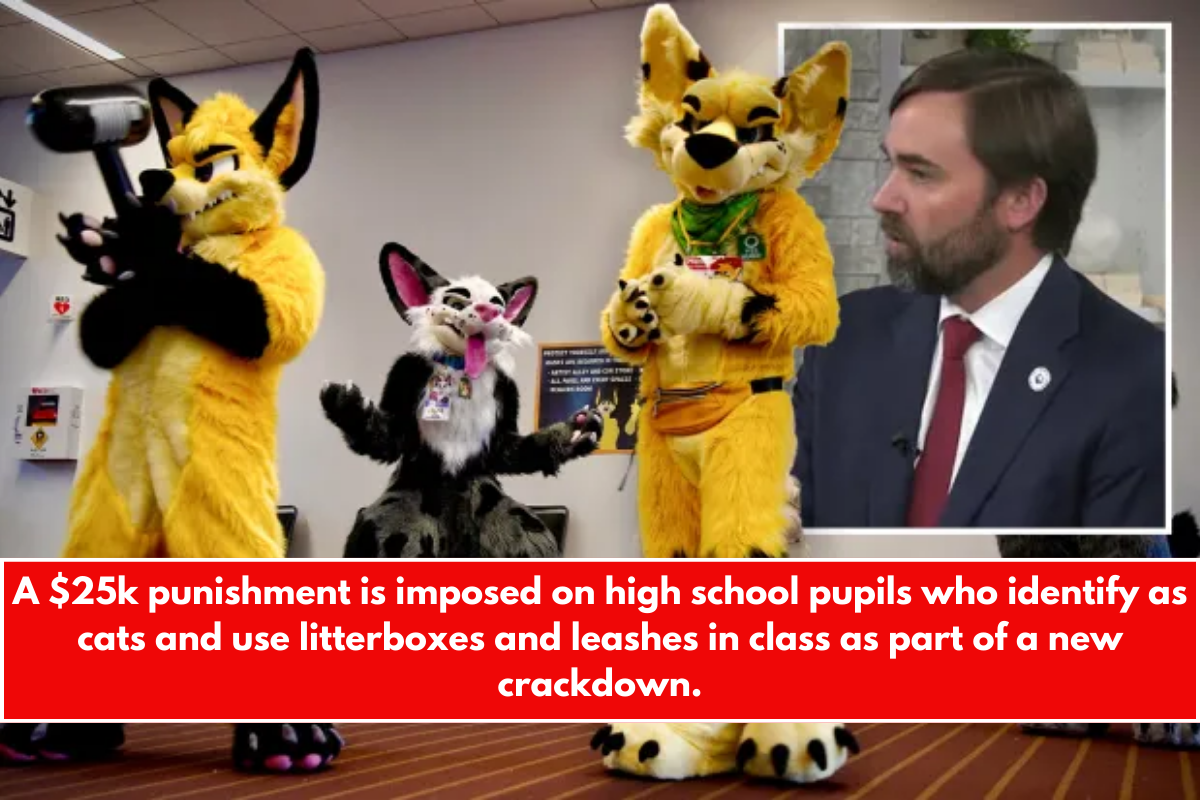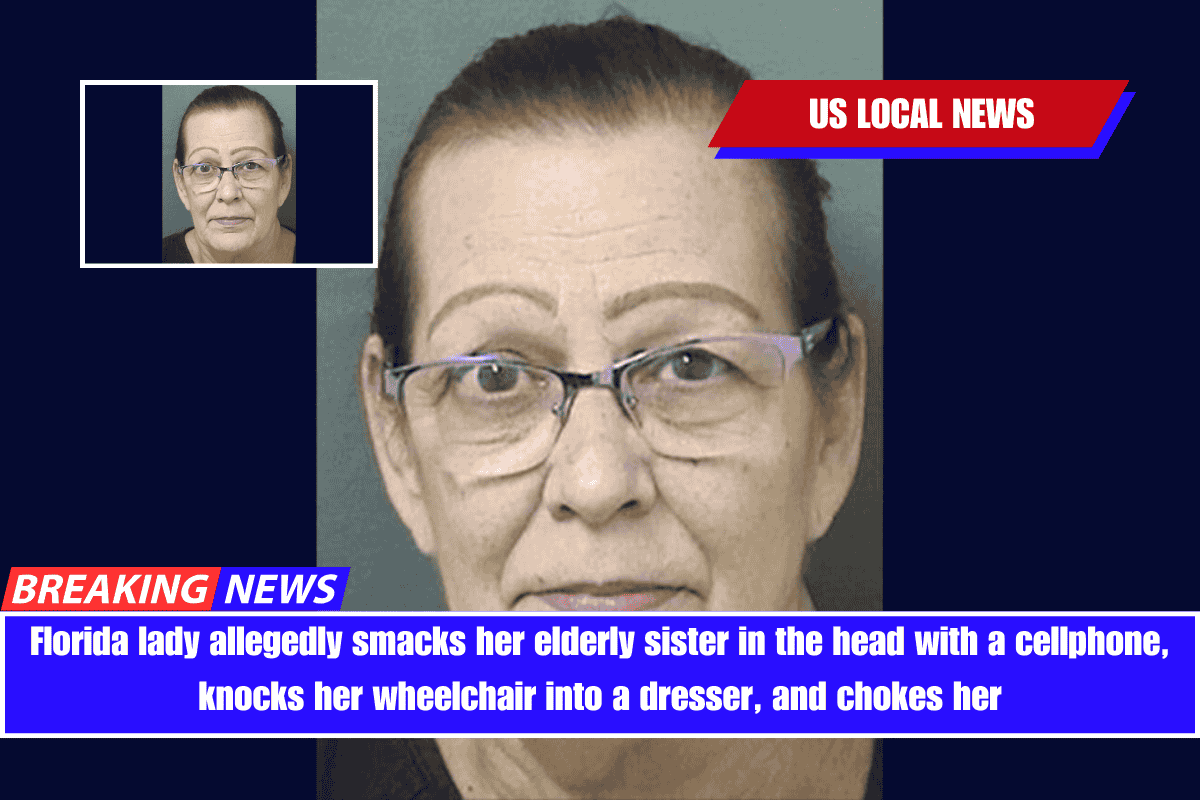A Texas statute is clamping down on pupils who use litter boxes and wear animal accessories like collars and tails to class.
The Forbidding Unlawful Representation of Roleplaying in Education Act prohibits pupils from identifying or appearing as anything other than human in public schools.
The new bill, introduced by state Representative Stan Gerdes on March 13, has sparked concern around the state because it targets “furries” in schools.
Furries are persons who like animal characters with human features and construct “fursonas” to live out those characters’ alternative personas via costumes, art, and roleplaying.
“I can’t believe we have to do this, but we cannot allow these types of roleplaying distractions to affect our students who are trying to learn or our teachers and administrators who are trying to teach,” Gerdes told reporters.
“We just have to keep this nonsense out of our schools.”
The proposed Furries Act prohibits actions such as meowing, barking, wearing animal ears, licking oneself, and even using litter boxes to discharge oneself.
Collars, leashes, and fur items not intended for human use are also included, according to local Fox station KDFW.
The measure goes much farther, prohibiting students from forming groups or clubs that promote such conduct as socially acceptable.
The contentious measure was filed in the Texas legislature after reports of pupils participating in these practices at school caused alarm.
Students who violate the guidelines may face harsh repercussions under the new legislation, including as suspension, expulsion, or placement in a juvenile justice education program.
If instructors fail to enforce the legislation, they will face sanctions.
The fines begin at $10,000 for the first infraction and may increase to $25,000 for subsequent offenses.
The statute expressly states that students must show themselves as human at all times, with the exception of particular exclusions.
The exclusions are Halloween or school dress-up celebrations, which are restricted to five days per year, and theatrical performances.
Furthermore, pupils would be permitted to dress as school mascots, but anything else would be prohibited.
WHAT BEHAVIORS ARE BANNED?
- Using a litter box at school
- Wearing animal accessories like: TailsLeashesCollarsAccessories designed for petsFur (other than natural human hair or wigs)
- Tails
- Leashes
- Making animal noises like barking, meowing, or hissing
- Licking oneself for grooming
- Collars
- Pet-designed accessories
- Fur (except natural human hair or wigs)
- Animal-like ears
- Items not historically made for humans
In a news statement, Gerdes said that he introduced the measure in response to concerns over a “furry-related incident” at Smithville Independent Schools.
Smithville ISD has not responded to The US Sun’s request for comment.
Governor Greg Abbott supported the idea at a Texas Pastor Council event in Austin, alleging that some rural schools are dealing with pupils dressed as cats and using litter boxes.
Both proponents and opponents have shown interest in the proposal.
Proponents claim that it is vital to preserve school discipline, while opponents are concerned about prejudice.
Some have expressed indignation about the conduct, claiming that it violates personal speech.
If approved, the Furries Act would go into effect immediately with a two-thirds majority vote of Texas House members.
The bill would take effect on September 1, 2025.


















Leave a Reply